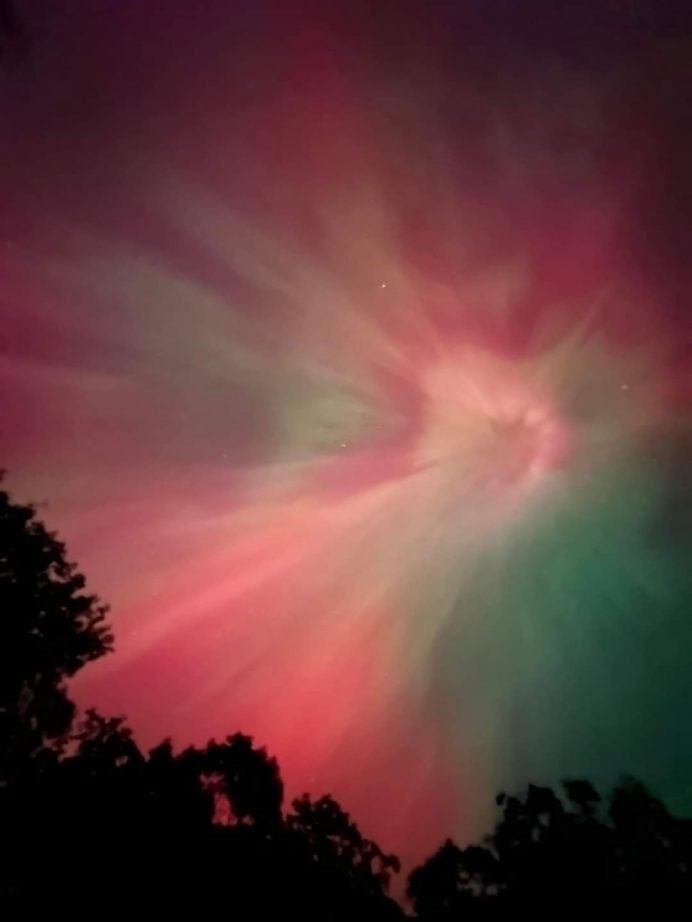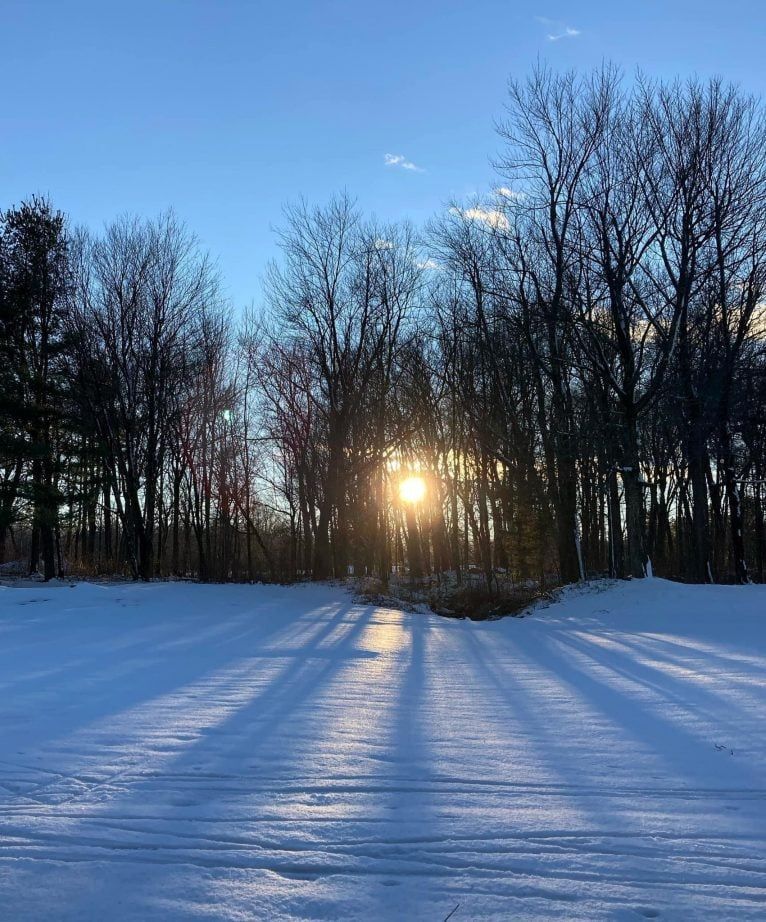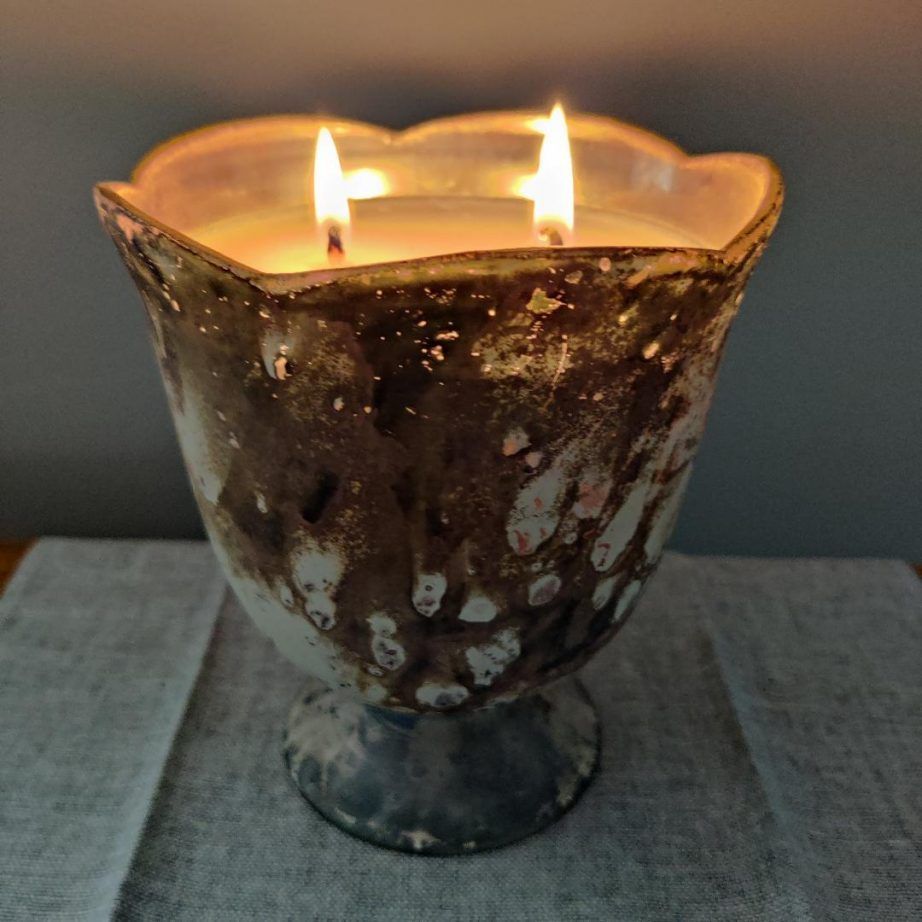Funeral rituals reaffirm our connectedness
I admit to being nearly illiterate about the funeral practices of cultures other than my own, something of which I am not proud. But like most people, I know that learning about other cultures helps me to be a better friend, neighbor, and work partner. It also enriches my perspective and experience of life. With the hope of becoming better prepared to honor the deceased and help their loved ones with meaningful bereavement care, yet understanding the limitations of the blog format for conveying extensive information, this post offers a sincere, albeit incomplete view of some cultural norms of funerals and memorialization practices.
In her primer on funeral care, Funeral Festivals in America Rituals for the Living, Jacqueline Thursby sums up how American funeral care reflects the adaptation of ethnic and cultural practices:
“With changes over time in cultural attitudes and behaviors, familiar traditional customs become intertwined with newly discovered or created practices, and new modes emerge. The American character commonly adapts old ways to new, and the United States, a complex civilization made up of its own Indigenous people and multitudes of cultures from around the world, has reinvented the response to death. Rather than a space of time with emphasis on separation, death and the funerary rituals surrounding it have become a place for renewal and reaffirmed connectedness between family and friends of the deceased.”
Today we consider a few practices in European cultures. European-Americans follow diverse cultural, ethnic, and religious traditions regarding after-life ceremonies and bereavement practices. For most it is still typical to have a visitation and/or viewing at a funeral home followed by a religious and/or graveside service When they hear of a death, people from European descent gather in the home of the decedent or their family members to comfort, support and share their grief. Funeral care is usually under the guidance of a funeral director who assists with preparations for mourning rituals and burial. While in the past funeral homes typically served specific ethnic groups, this has changed and most people seek afterlife care based on additional factors, such as extra-value offerings. For example, no longer is it the norm for people of Irish descent seek out the “Irish funeral home.”
European Americans tend to have passive, orderly, and quiet funerals. Some people still favor wearing darker colored clothing, but this is changing to reflect a more hopeful belief that life for the deceased has changed, not ended. Music, readings and eulogies reflect a hopeful, but restrained demeanor. A meal typically follows the religious rituals, providing the family the comfort of others while celebrating the life of the deceased. Specific cultural practices are added into these general activities, these could include rituals for preparation of the body, burial, cremation, or rituals taking place during the first year after a death.
Eastern Orthodox: “Multiple ceremonies are staggered throughout the initial 40 days following a death. The 3rd, 9th and 40th days are especially important to Eastern European mourners. It is believed that the soul leaves the body on the 3rd day, the spirit leaves the body on the 9th, and the body ceases to exist on the 40th.”(https://www.funerals360.com/blog/funeral-customs-and-traditions/world-funeral-customs-eastern-europe/)
Greek Orthodox: “Almost all Greek funerals are carried out in accordance with the Greek Orthodox Church. Unlike other Orthodox sects, only officiating bishops and priests are allowed to lead the funeral service and read the accompanying religious texts aloud. The Greek Orthodox Church does not allow funerals to be held on Sundays or on Holy Saturday (before Easter). The family or the congregation provides a “Meal of Mercy” following the burial service. And then it is appropriate to briefly visit the bereaved family at home at the end of the day. It is typical for the family to decorate the house with icons of saints, burning incense and a single candle memorializing the deceased. The bereaved family usually stays home from work for one week following a death. The family also traditionally avoids social events and predominately wears all-black for 40 days. A memorial service is held on the Sunday closest to the fortieth day. Another memorial service is held annually on the anniversary of the passing.” (https://www.funerals360.com/blog/funeral-customs-and-traditions/world-funeral-customs-eastern-europe/)
As human beings we share the realities of death, loss, and grief. Understandably because we live in such a diverse nation, we may be unaccustomed to the traditions and practices of another culture, but we also live in a time in which information is readily available and so it is our duty to discover the practices and rituals that comfort the bereaved. At the very least, a call to your trusted funeral director can help you discover how to comfort the bereaved and honor the dead according to their customs and needs. Rich, meaningful death and bereavement practices exist in every culture, and it is certainly possible that a practice from another culture can be healing and helpful to your own grief journey. Along with increasing your capacity for compassion, this is a wonderful reason to explore a wide array of cultural practices. Stay tuned as next week we explore Asian American customs and practices.
“Diversity is a mix and inclusion is making the mix work.”
Andrés Tapia











